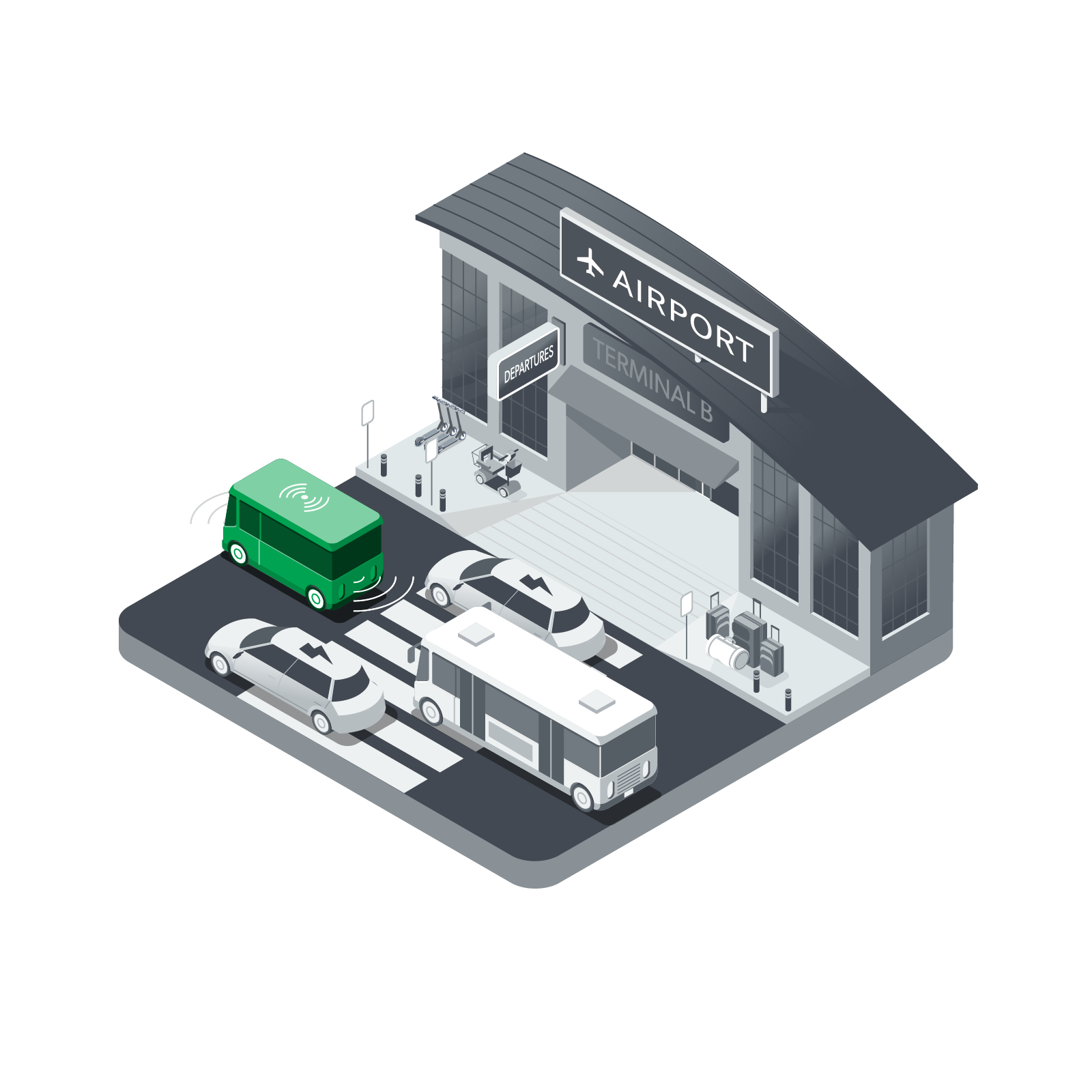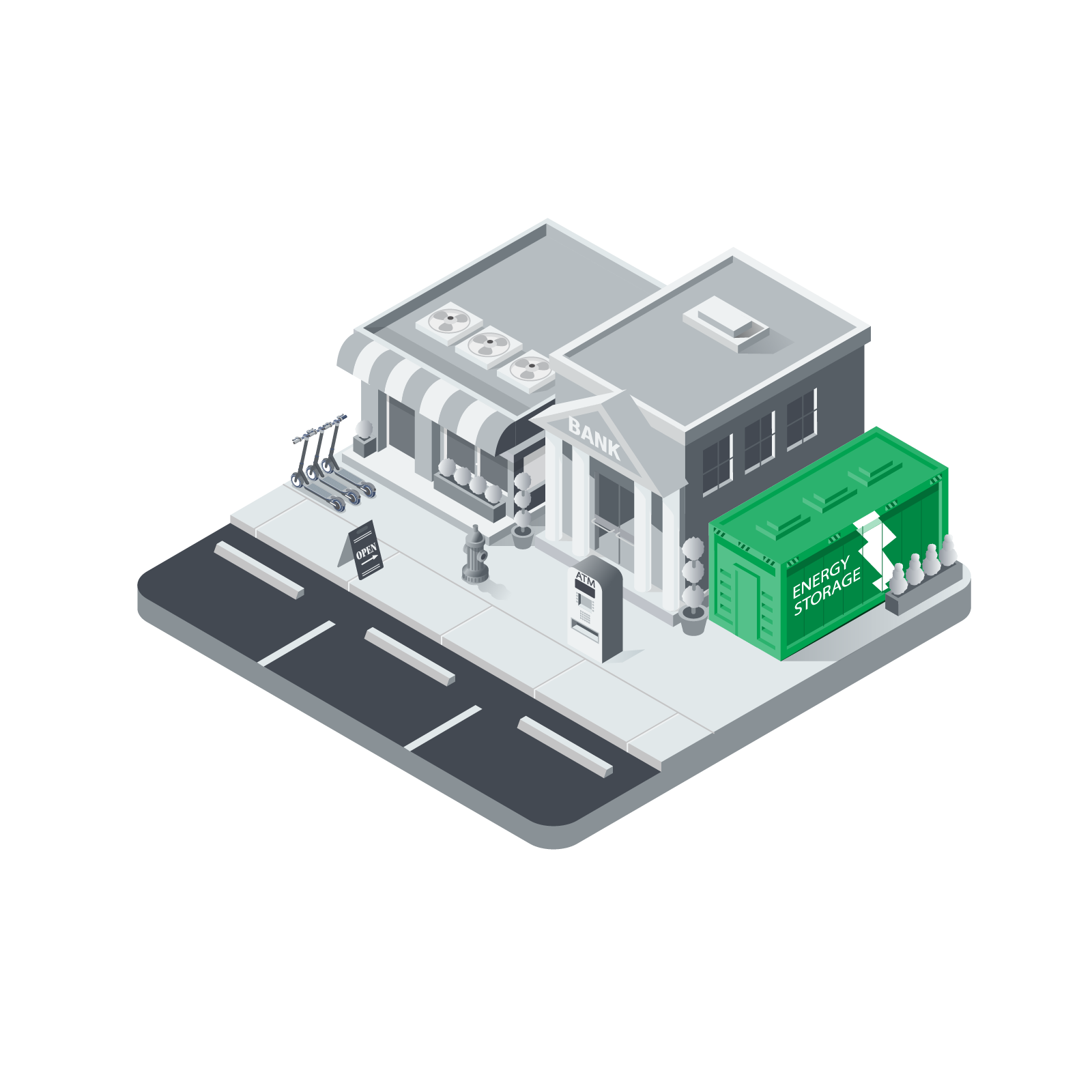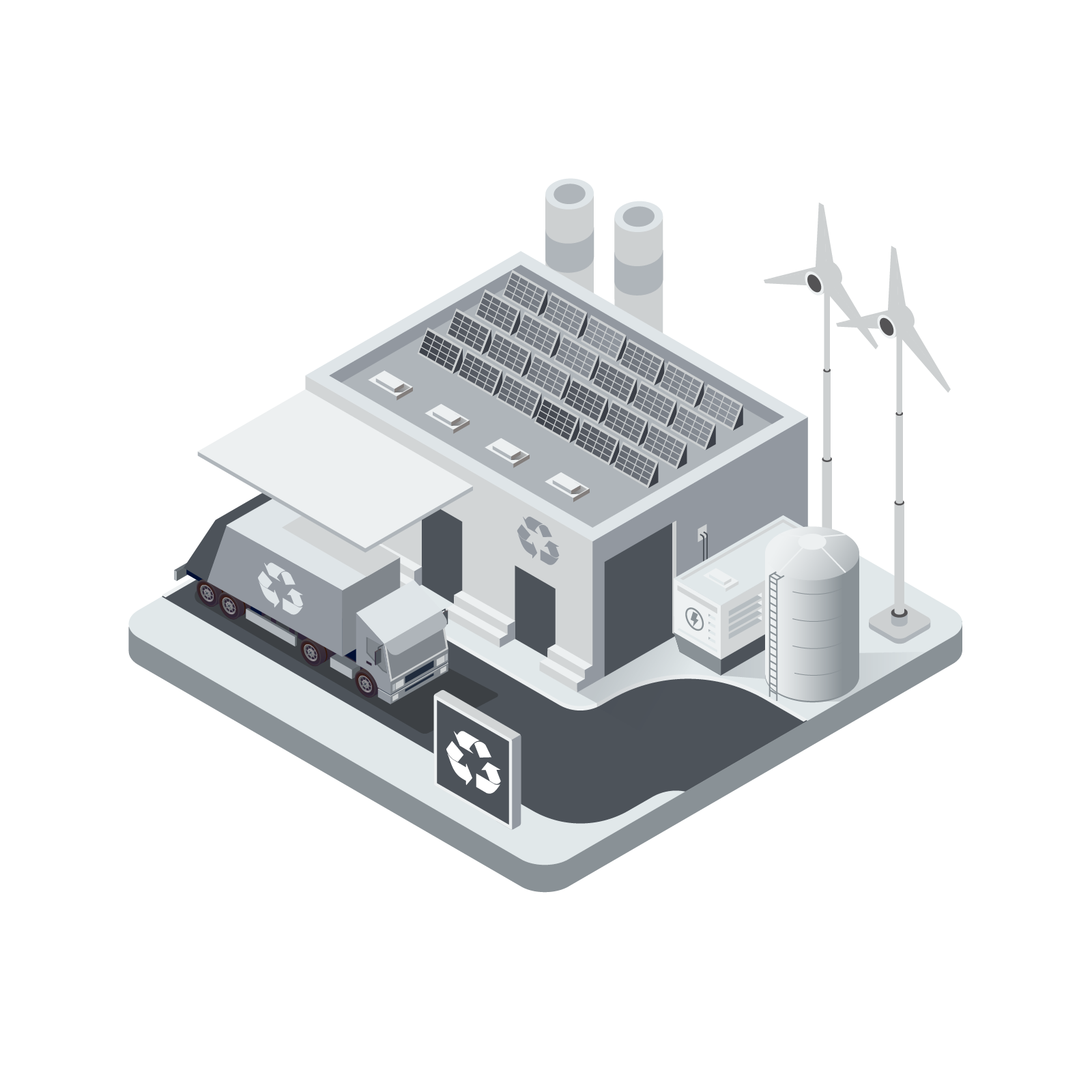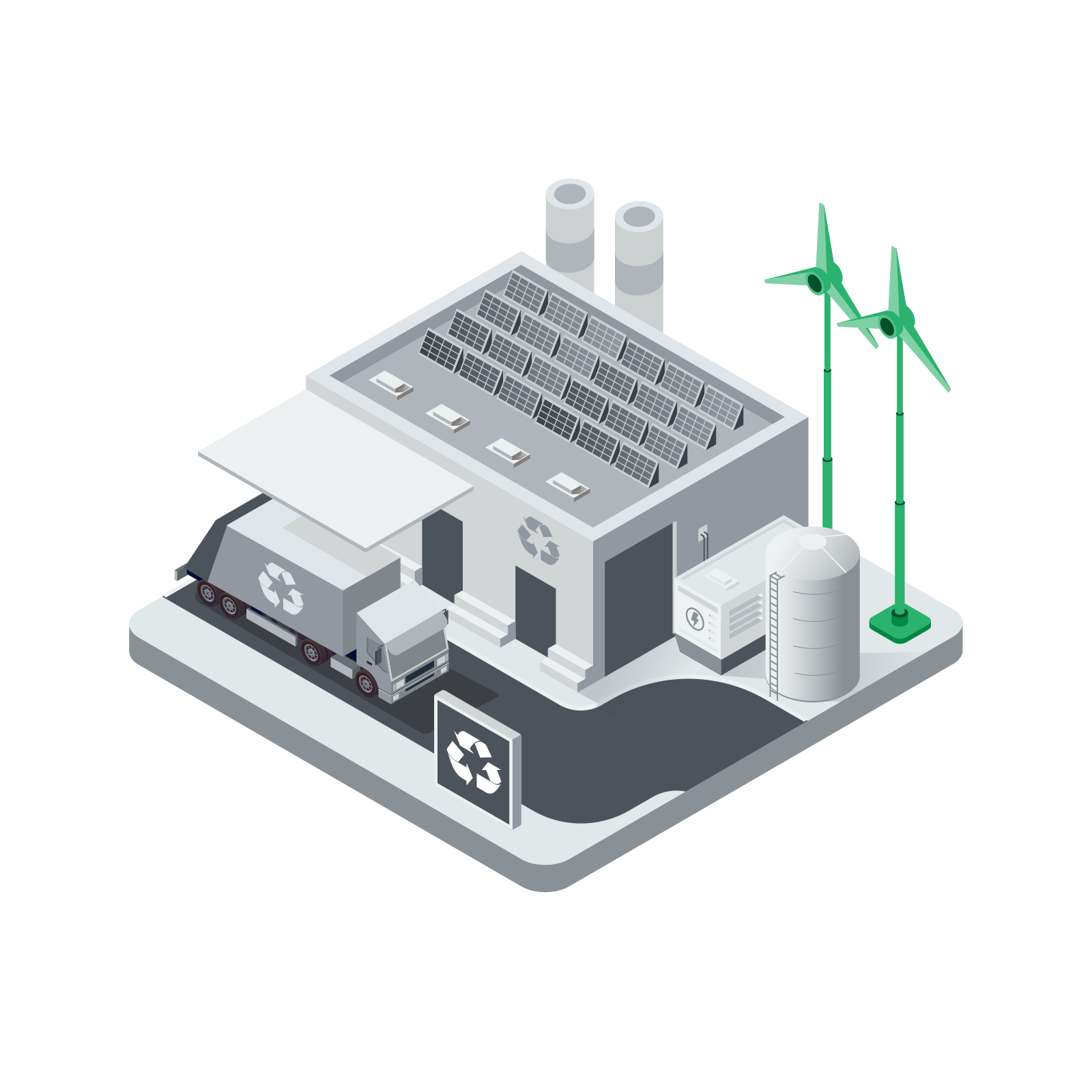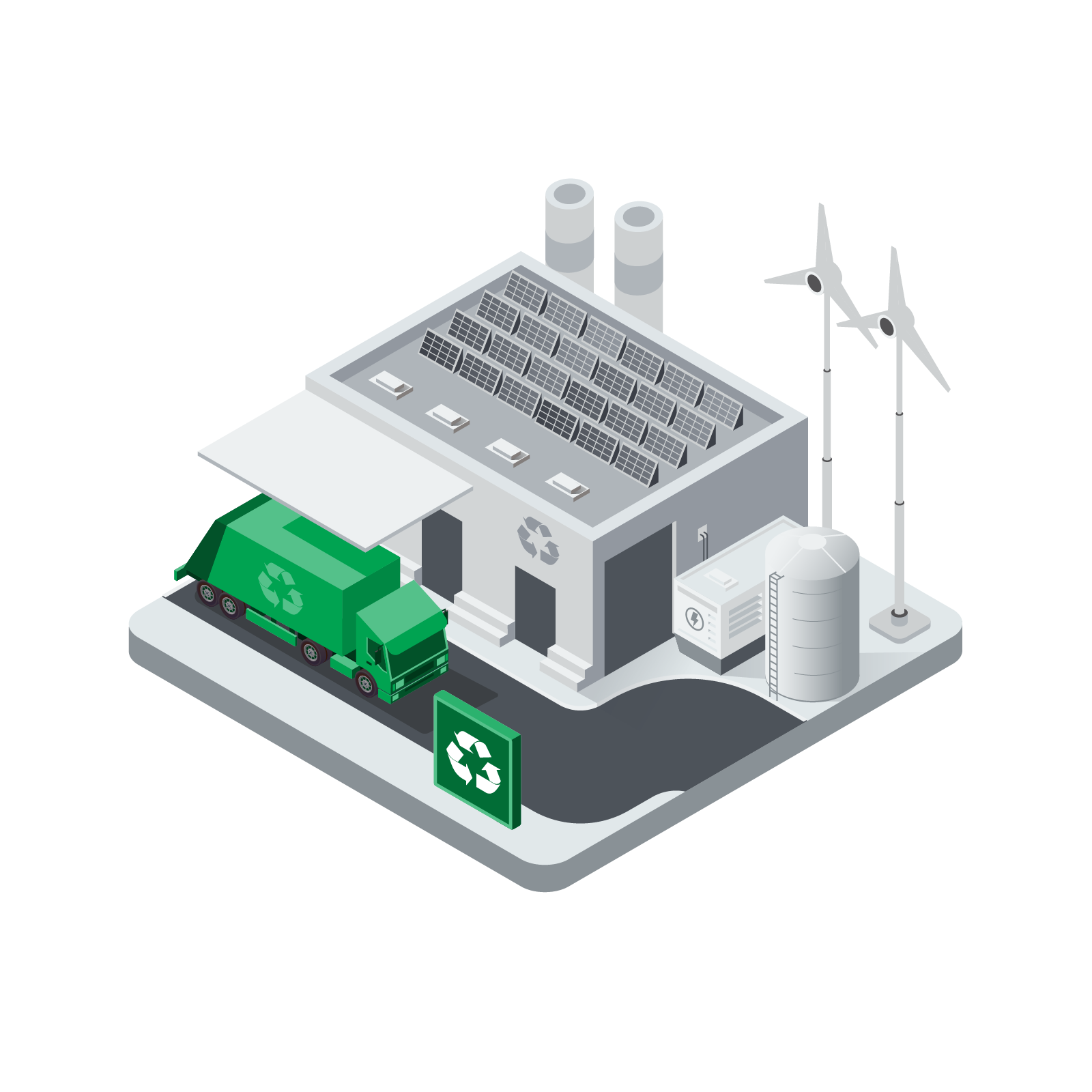
Our Focus Areas
Our expertise is aimed at protecting people, property, and the planet. See how and where we focus our efforts.
Focus Areas in Action
From everyday household appliances to autonomous vehicles, the world is full of tools and technologies designed to make life better. We work with the global community with the goal that what makes life better will also be made safer. Whether you are at home, at work, or on the go, our standards, policies, and education programs are working to make the world safer for you.
Get Involved
Motivated by the same priorities as UL Standards & Engagement? Join us in advancing safety by getting involved in our standards development process.

Technical Committees
Each TC is a diverse group of experts representing a broad range of perspectives and interests, including consumers, manufacturers, regulators, supply chain professionals, and more.
As a TC member, you will review proposals for new or revised standards and work collaboratively to achieve consensus through balloting in our transparent process.

Stakeholders
Stakeholders can submit, review, and comment on proposals for new standards or revisions to existing standards. While these individuals cannot vote, the TC considers their input during the standards voting process. Since standards affect everyone, all are welcome to participate as stakeholders. Register online through our Collaborative Standards Development System, CSDS.







